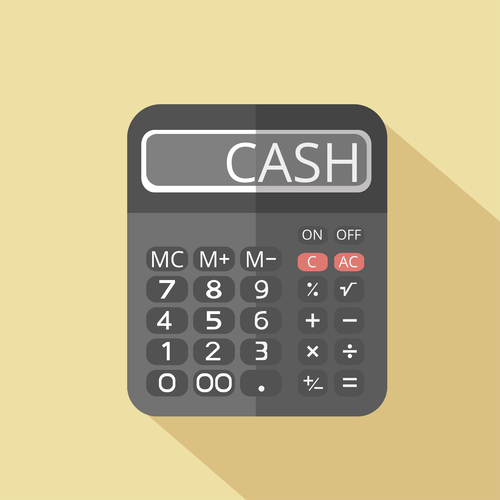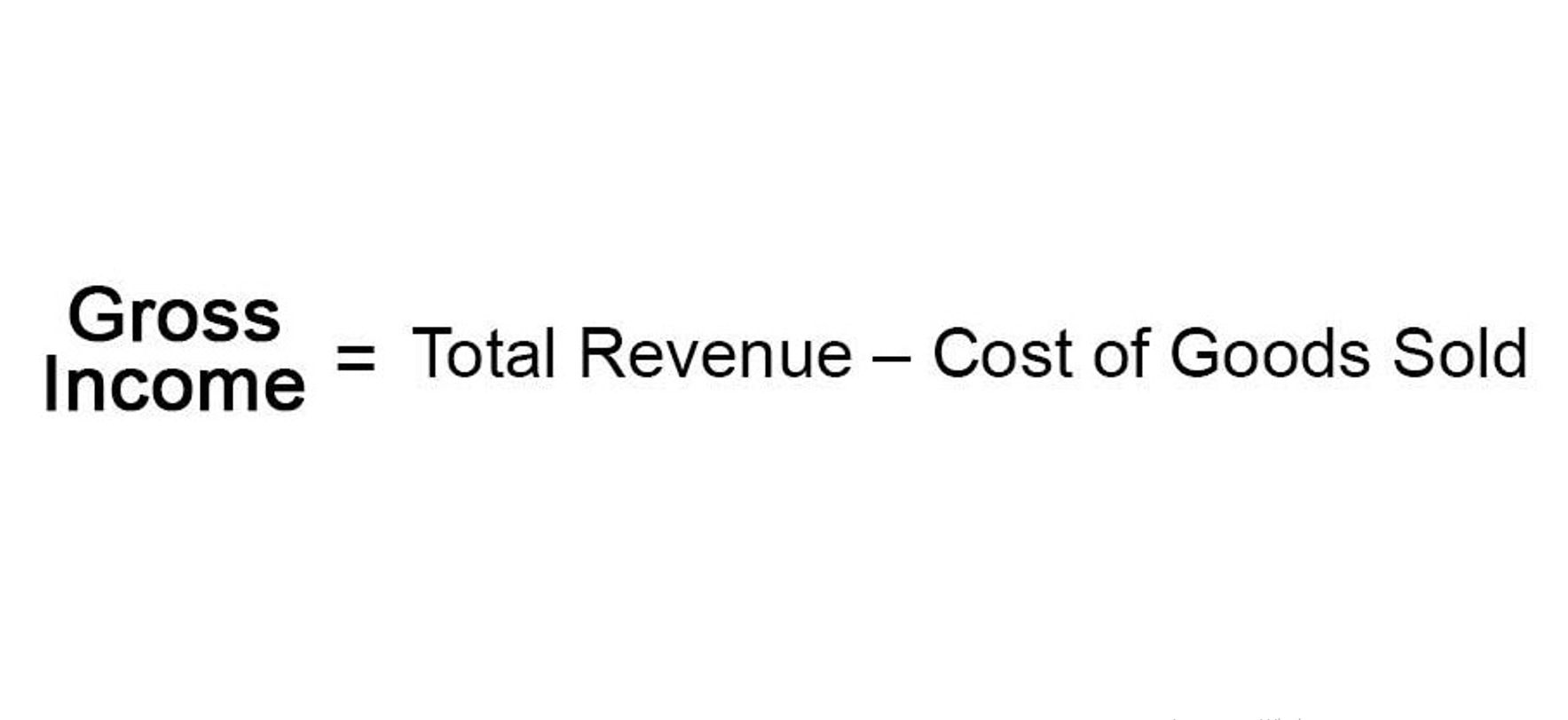However, if you are looking for tax advice or financial analysis, you would likely need an accountant. Additionally, there are stricter requirements to become a certified public accountant (CPA). After becoming certified, CPAs must stay up to date and complete additional education to maintain their certification. Accountants are often needed to provide subjective insights into a business’s financial health. With the rise of technology and automation tools, the role of accountants is shifting.
These odds and ends transactions need to be reconciled, a financial term for making sure that one side of the books matches the other. As with any other profession, bookkeepers charge different amounts depending on their years of experience, what state they live and work in, and what industries they work for. On average, bookkeepers charge around $22 per hour in the U.S., but freelance bookkeepers may charge anywhere from $30 to $45 per hour. How much this adds up to for your business depends on how complicated your books are. The qualifications for becoming a bookkeeper and an accountant can vary, but there are some general trends and common requirements for each role as summarized below. You can think of a bookkeeper’s work as being centred around record keeping.
Stay up-to-date with the latest small business insights and trends!
Accounting is more subjective, providing business owners with financial insights based on information gleaned from their bookkeeping data. Bookkeepers and accountants share the same long-term goal of helping your business financially thrive, but their roles are distinct. Bookkeepers focus more on daily responsibilities, like recording transactions, while accountants provide overarching financial advice and tax guidance. Accountants and bookkeepers can work together to ensure the financial health of a business. The bookkeeper’s detailed recording of financial transactions provides a foundation for the accountant’s high-level analysis.
Both of these aspects of your business are crucial for financial management and decision-making. Today, we’ll go over the differences between bookkeeping and accounting so that you can figure out how to allocate resources effectively. Yes, accountants and bookkeepers often work together to ensure accurate and timely financial management, combining transactional details with strategic financial advice. Accountants generally have a higher level of strategic involvement than bookkeepers. While bookkeepers manage day-to-day financial transactions, accountants use the data provided by bookkeepers to generate financial models.
Can a bookkeeper prepare financial statements?
If you’re looking for small business loans, you’re going to find that lenders require a lot of financial paperwork, including bank statements, tax returns, balance sheets, and revenue statements. You will absolutely need accounting vs bookkeeping at least basic bookkeeping to prepare these documents. In fact, if you have good bookkeeping in place from the start of your business, it will be much easier to produce these documents when you do apply for a loan.
- A bookkeeper usually needs a degree or certificate in accounting, bookkeeping, or a related field.
- Certified public accountants (CPAs) are licensed by the state in which they operate and have to pass quite a few qualifying exams and other requirements in order to earn that designation.
- Both accounting and bookkeeping play an important financial role in business, there is a difference between the two.
- Both require working with numbers, but bookkeepers are much more closely working with numbers.
- A bookkeeper may assist in creating budgets for you, whereas an accountant will advise the best way to manage taxes and help advise what kind of corporation you should set up.
Despite a setback at the hands of the Great Recession, financial roles are on the rebound. Accountants take information and data to the next step by prescribing the actions that should occur to maximize profit and minimize losses. Therefore, they are majorly responsible for dictating the success of a business. They are also responsible for sharing the financial information with internal and external stakeholders and government authorities. The bookkeeper is on the ground floor, managing the day-to-day transactions and looking out for changes to the organization or significant financial events that need to be addressed.
Key Differences
For example, certified public accountants (CPA) meet certain educational and experiential requirements and can perform audits, provide tax advisory services, or give financial advice. Every business, big or small, needs someone to handle its financial obligations. Determining whether to hire a bookkeeper or accountant depends on the scope of these obligations. Many smaller companies and startups do their bookkeeping on software that is recommended by accountants. They then have an accountant as a consultant review their books and ledgers every week, month or quarter to analyze the financial data. From there, the accountant can advise business owners on how to spend, save and scale.
For some of the businesses that they do, accountants also need to be registered certified public accountants (CPAs). Bookkeeping is the daily financial tracking of all of your daily financial transactions. The bookkeeper of a business might choose to use online bookkeeping software to track everything. Understanding the differences between an accountant and a bookkeeper is critical for business owners. Both roles are instrumental in maintaining the financial health of a company.




